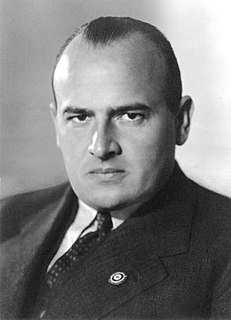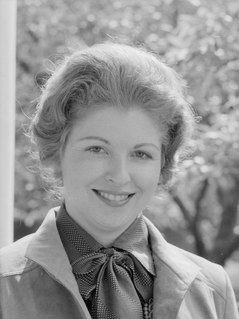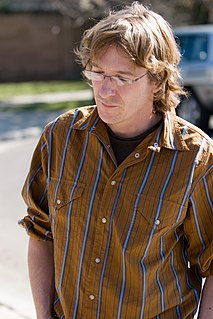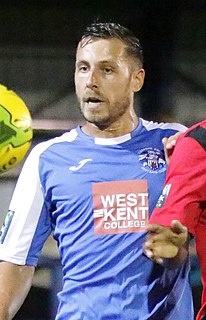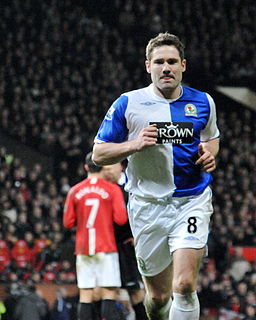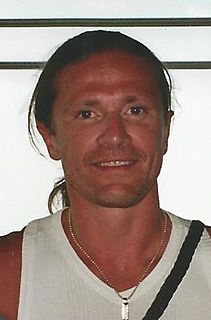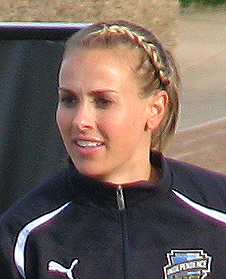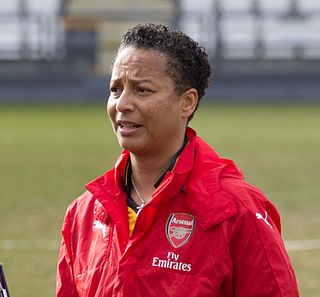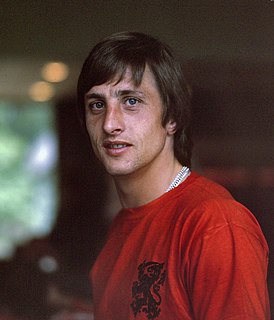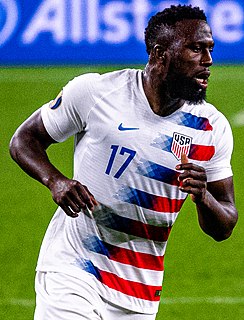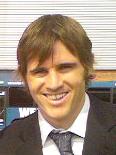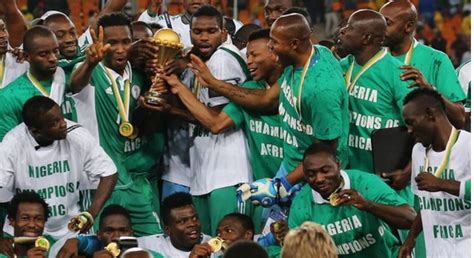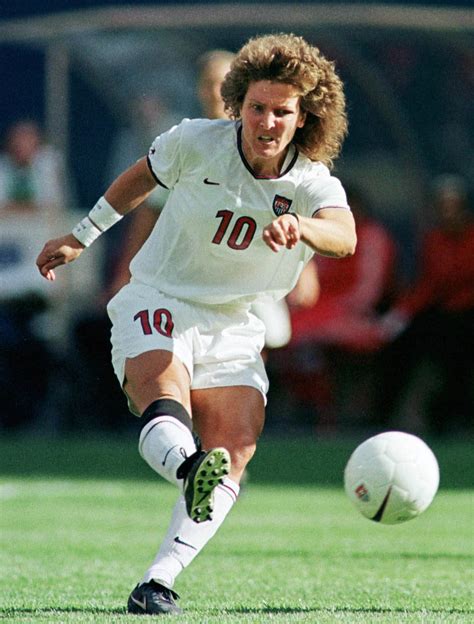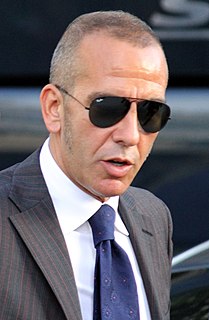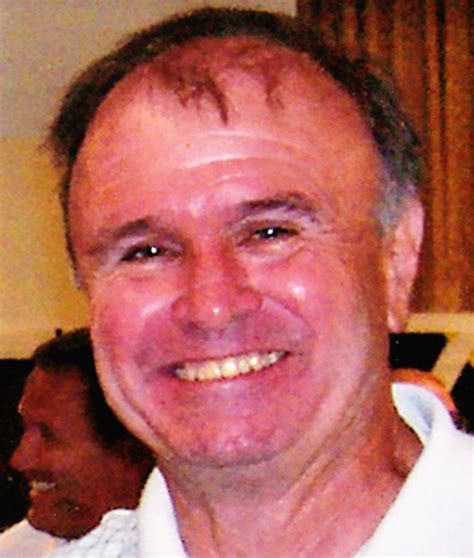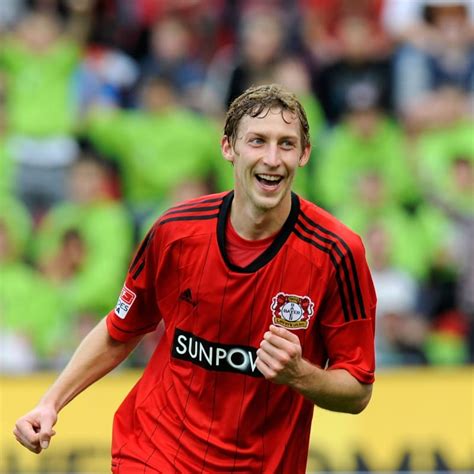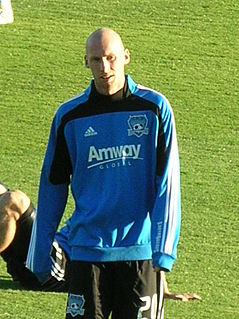A Quote by David Livermore
Developing an explicit decision-making process upfront for how you will make that decision will help alleviate conflict and gridlock when you actually need to decide.
Related Quotes
We feel that our actions are voluntary when they follow a decision and involuntary when they happen without decision. But if a decision itself were voluntary every decision would have to be preceded by a decision to decide - An infinite regression which fortunately does not occur. Oddly enough, if we had to decide to decide, we would not be free to decide
There is no independence of law against National Socialism. Say to yourselves at every decision which you make: "How would the Führer decide in my place?" In every decision ask yourselves: "Is this decision compatible with the National Socialist conscience of the German people?" Then you will have a firm iron foundation which, allied with the unity of the National Socialist People's State and with your recognition of the eternal nature of the will of Adolf Hitler, will endow your own sphere of decision with the authority of the Third Reich, and this for all time.
We are not here to advocate abortion. We do not ask this Court to rule that abortion is good or desirable in any particular situation. We are here to advocate that the decision as to whether or not a particular woman will continue to carry or will terminate a pregnancy is a decision that should be made by that individual. That, in fact, she has a constitutional right to make that decision for herself and that the state has shown no interest in interfering with that decision
Many times people ask me, "What is sin and what is virtue? And how to decide?" If you decide your decision will be wrong. If you choose you will be wrong. All choice is wrong. There is no way to decide. There is no need to decide what is sin and what is virtue. You only need a transparent mind, a clarity, a thoughtless mind, a no-mind, a mirror-like consciousness. In that consciousness WHATSOEVER HAPPENS is virtue. In that consciousness WHATSOEVER CANNOT HAPPEN is sin.
If you obsess over whether you are making the right decision, you are basically assuming that the universe will reward you for one thing and punish you for another. The universe has no fixed agenda. Once you make any decision, it works around that decision. There is no right or wrong, only a series of possibilities that shift with each thought, feeling, and action that you experience.
The idea here is for communities to decide how they meet these criteria for becoming sustainable economically, ecologically and socially.Through a community decision-making process. And exactly how that would be configured, you know, remains to be established. The process of community budgeting, participatory budgeting, is one model that's been suggested.
The people have only a very vague direct power. They have the power of voting against the administration, again after its decisions have been taken; but they have no way of getting into the question of policy-making, decision-making, except insofar as the vague forces and pressures of public debate and public opinion have their impact on the President. The President still has to decide. He can't go to the people and ask them to decide for him; he has to make the decision. In that sense he was condemned to be a dictator.


